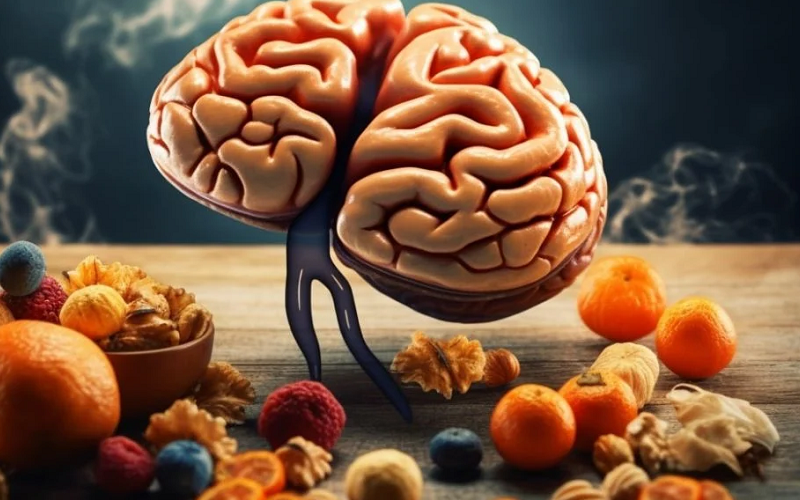Community plays a crucial role in mental health recovery, providing a supportive environment that fosters healing, connection, and resilience. Mental health challenges can be isolating, and one of the most detrimental aspects of these struggles is the sense of loneliness that often accompanies them. This isolation can exacerbate symptoms and make recovery seem like an insurmountable challenge. However, when individuals are surrounded by a caring and understanding community, they are more likely to feel validated, understood, and supported, which are essential components of the recovery process. One of the primary benefits of community in mental health recovery is the sense of belonging it provides. Belonging is a fundamental human need, and when people feel that they are part of a community, they are more likely to experience a sense of purpose and meaning. This can be particularly important for those recovering from mental health issues, as these challenges often strip individuals of their sense of self-worth and connection to others. In a community, individuals can share their experiences, struggles, and triumphs with others who may be going through similar challenges, creating a bond that can be both comforting and empowering.
 Moreover, community offers a platform for peer support, which is invaluable in mental health recovery. Peer support involves individuals who have experienced similar challenges offering guidance, empathy, and encouragement to one another. This type of support is unique because it comes from a place of shared understanding and lived experience, which can be incredibly validating for those in recovery. Peer support groups, whether in-person or online, provide a safe space for individuals to express their feelings without fear of judgment. This can lead to a greater sense of acceptance and self-compassion, which are vital for recovery. Communities also play a role in reducing the stigma associated with mental health issues. Stigma can be a significant barrier to recovery, preventing individuals from seeking help and leading to feelings of shame and worthlessness. However, when communities actively work to create an environment of understanding and acceptance, they can help break down these barriers.
Moreover, community offers a platform for peer support, which is invaluable in mental health recovery. Peer support involves individuals who have experienced similar challenges offering guidance, empathy, and encouragement to one another. This type of support is unique because it comes from a place of shared understanding and lived experience, which can be incredibly validating for those in recovery. Peer support groups, whether in-person or online, provide a safe space for individuals to express their feelings without fear of judgment. This can lead to a greater sense of acceptance and self-compassion, which are vital for recovery. Communities also play a role in reducing the stigma associated with mental health issues. Stigma can be a significant barrier to recovery, preventing individuals from seeking help and leading to feelings of shame and worthlessness. However, when communities actively work to create an environment of understanding and acceptance, they can help break down these barriers.
Education and awareness initiatives within communities can change attitudes and perceptions, making it easier for individuals to seek the help they need without fear of being judged or ostracized and navigate here www.allgoodhealth.net. Furthermore, communities can provide practical support that is essential for recovery. This support can take many forms, including access to resources like therapy, medication, housing, and employment opportunities. Community-based organizations often offer programs and services tailored to the needs of those recovering from mental health issues, ensuring that individuals have the tools and support they need to rebuild their lives. The collective effort of a community can create a safety net for individuals, helping them navigate the complexities of recovery with the assurance that they are not alone. In conclusion, the importance of community in mental health recovery cannot be overstated. By fostering an environment of understanding and compassion, communities can play a pivotal role in helping individuals reclaim their lives and achieve lasting mental health.



